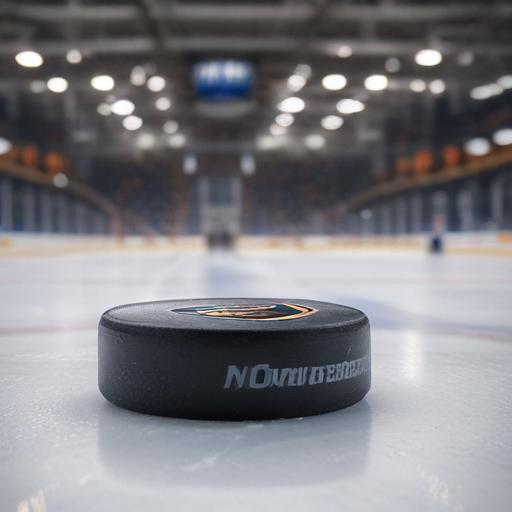The National Hockey League (NHL) and the NHL Players’ Association have ratified a new four-year collective bargaining agreement that will take effect with the 2026-27 season and extend through the 2030 season. This agreement, finalized well in advance of the current contract’s expiration next July, represents a significant step forward for both the league and its players, marking a smoother negotiation process compared to previous dealings. NHL Commissioner Gary Bettman expressed optimism about the direction of the sport, emphasizing the strength of the partnership between the league and the players.
Key changes outlined in the 167-page memorandum of understanding include the following highlights:
1. **Expanded Regular Season**: The NHL will increase its regular season from 82 to 84 games, while trimming the maximum number of preseason games from seven to four.
2. **Long-Term Injured Reserve Adjustments**: The misuse of the long-term injured reserve, which some teams have leveraged to circumvent salary cap limits during playoffs, will be addressed. From now on, teams must adhere to cap-compliant rosters in the playoffs while still being able to place players on LTIR.
3. **Shorter Maximum Contract Lengths**: Contracts for free agents will now be limited to six years, down from seven, with re-signing players allowed to sign for seven years instead of eight.
4. **Emergency Backup Goalie (EBUG) Protocols**: New regulations will govern emergency goalies, who must be declared before the season and on the game day, with restrictions on their prior experience.
5. **AHL Eligibility Changes**: Players under 20 will have new avenues regarding assignment to the American Hockey League, with the NHL planning to eliminate the mandatory return rule for 19-year-olds.
6. **Olympic Participation**: NHL players are set to return to the Winter Olympics in February for the first time in over a decade and plan to participate again in the 2030 Games.
7. **Dress Code Flexibility**: The league’s longstanding dress code will be relaxed, removing the requirement for players to wear suits before games, while still maintaining certain standards of contemporary fashion.
8. **Deferred Contracts Ban**: The NHL will prohibit lucrative deferred payment contracts to prevent potential team exploitation seen in previous deals.
9. **Mandatory Neck Protection**: Following recent discussions on player safety, the NHL will require players with less than specific game experience to wear neck protection.
10. **Regulation of Salary Retention in Trades**: Teams will face restrictions on executing multi-team trades that involve salary retention with waiting periods introduced to prevent market manipulation.
The changes indicate a progressive move toward enhancing player safety, financial fairness, and operational integrity within the league. As hockey fans, we can look forward to a revitalized playing environment, with additional competitive balance and continued growth in the sport. These modifications not only strengthen the relationship between players and management but also foster a promising future for NHL hockey.
